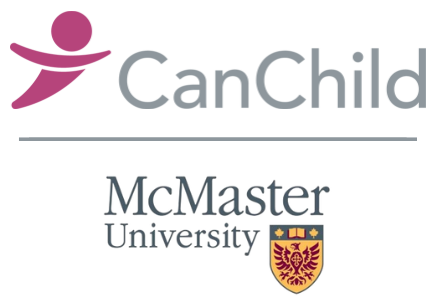4 short videos co-developedwith youth, parents, trainees,and researchers to promotediscussion and learning onauthentic and meaningfulpartnerships in research.
Read Resources
11 resources found
My Favourite Words
Based on “The ‘F-words’ in Childhood Disability: I swear this is how we should think!” (© CanChild 2012) Created by Instituto Nossa Casa (Brazil) . English version produced by CP-NET with support from the Ontario Brain Institute.
Read Resources
F-words take Flight
F-words take Flight from CanChild on Vimeo.
Read Resources
These six F-words won’t fill up your swear jar: What do the F-words mean to youth with impairments? (Video)
Young people discuss what the “F-words” in disability mean to them, while celebrating all they CAN do!
Read Resources
Knowledge Broker Study Report
Knowledge brokering is the process of “bringing people together, to help them build relationships, uncover needs, and share ideas and evidence that will let them do their jobs better.
Read Resources
Knowledge Transfer in Health Care
In health care, there has been increasing recognition of the need to facilitate the transfer of research evidence into clinical practice and policy development.
Read Resources
Integrated Knowledge Translation in Childhood Disability: Engaging with Partners Throughout the Research Process
This reflection paper is intended to raise awareness and stimulate thinking about Integrated Knowledge Translation (iKT) and how one might engage with a range of partners to develop iKT strategies.
Read Resources
Canadian child development organizations lead research in innovative supports for making practice changes based on evidence
Administrators in the study reported that knowledge brokering appears to be an efficient strategy for providing educational opportunities that enable integration of new ideas into everyday practice.
Read Resources
Early Identification: Are Toddlers with Speech/Language Impairments at Increased Risk for Developmental Coordination Disorder?
Some children with speech/language impairment show delays in their ability to communicate, which are not due to any sensory, intellectual or neurological disorder.
Read Resources
Developmental trajectories of youth with disabilities, ages 12 to 25 years
This project was initiated and funded by the Ministry for Child and Youth Services (MCYS) in Ontario. The results of our synthesis have been used for the ministry’s development of a Youth Policy Framework, named stepping stones.
Read Resources
